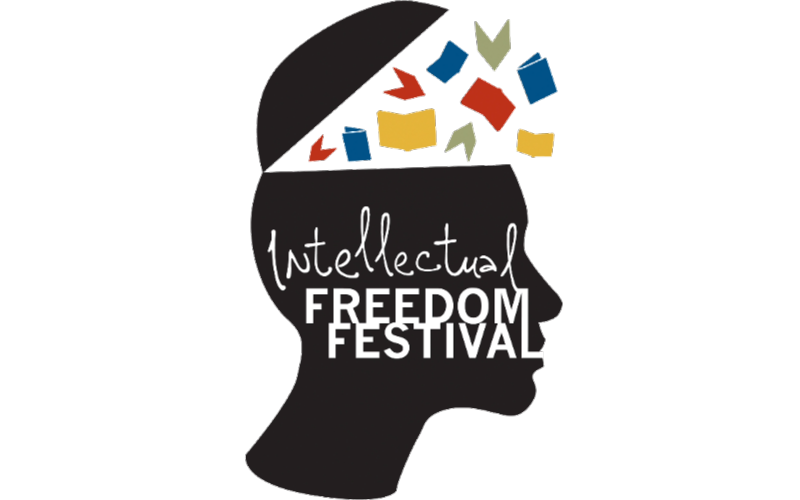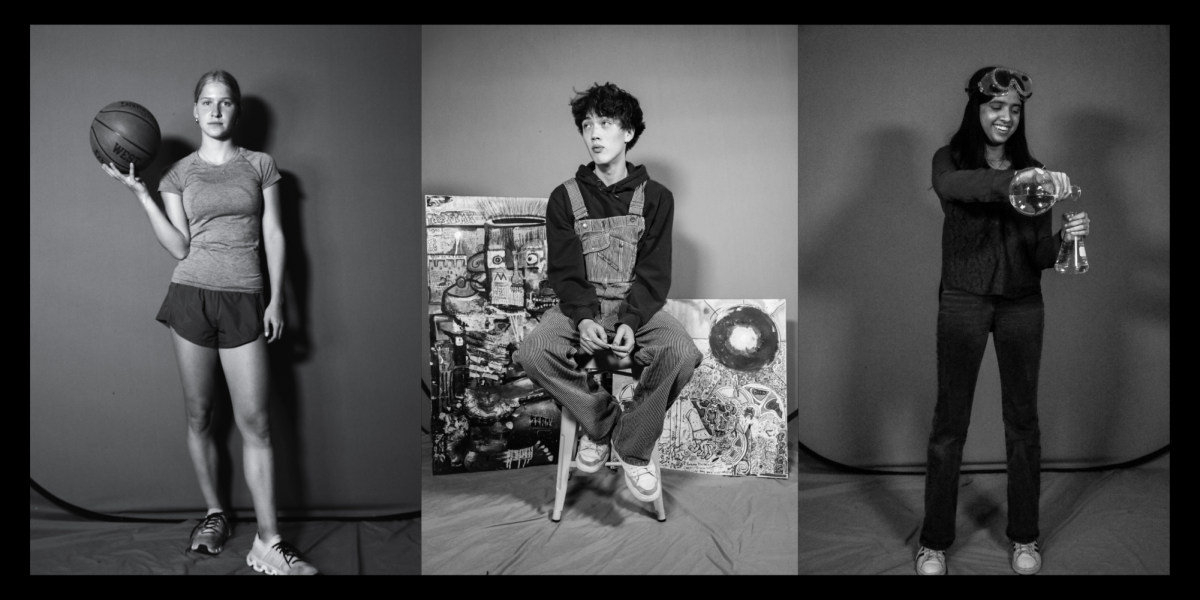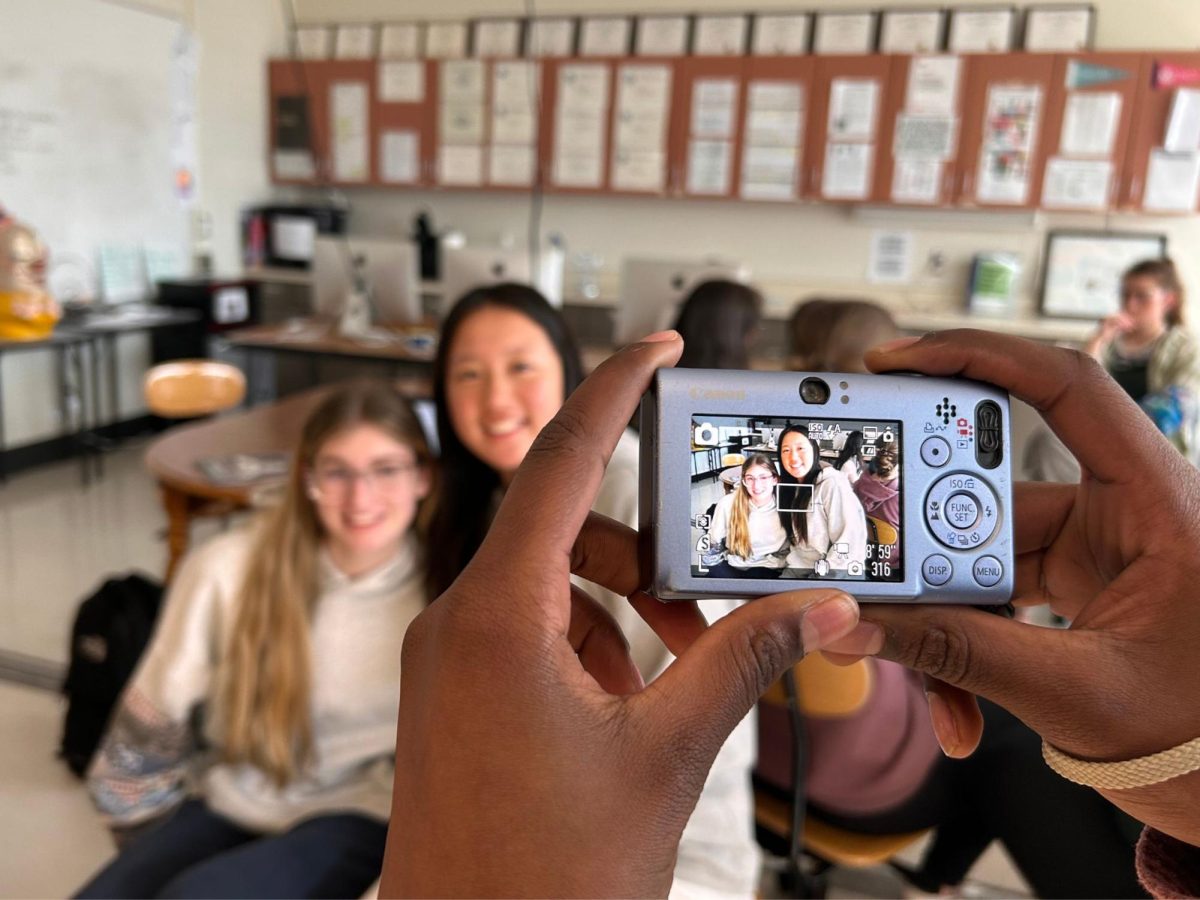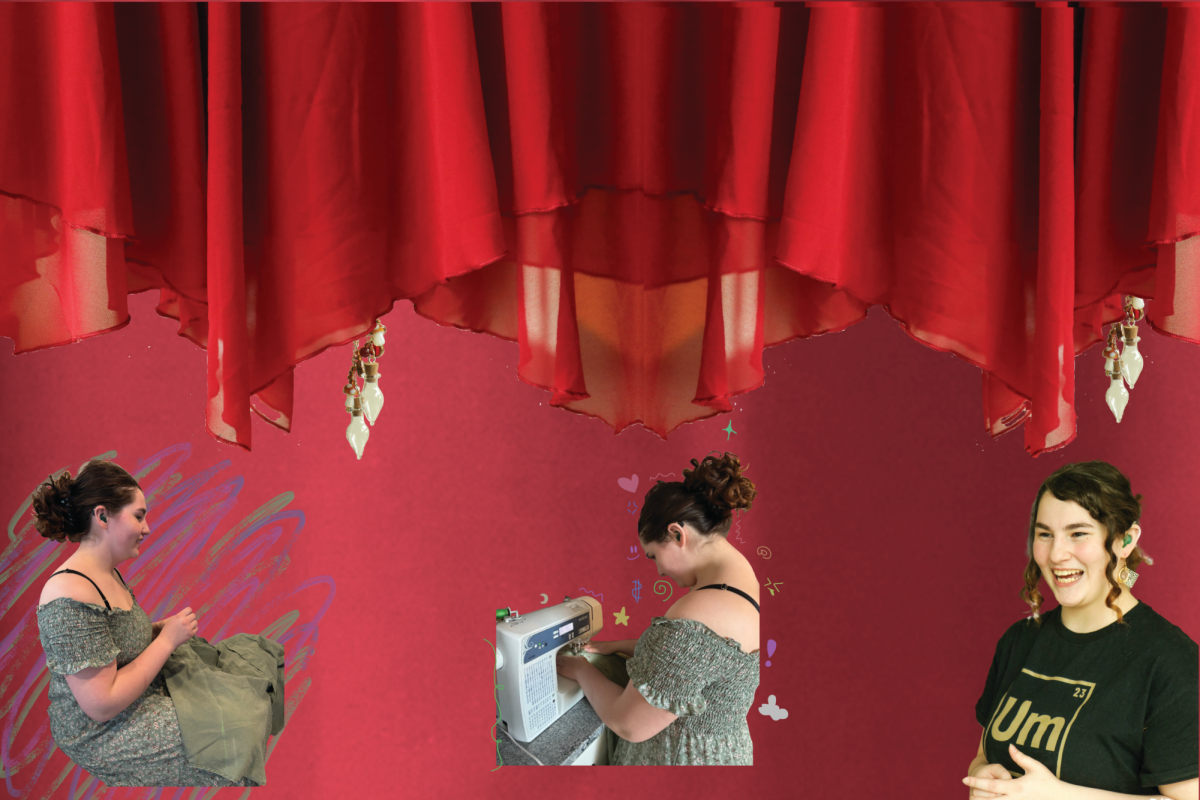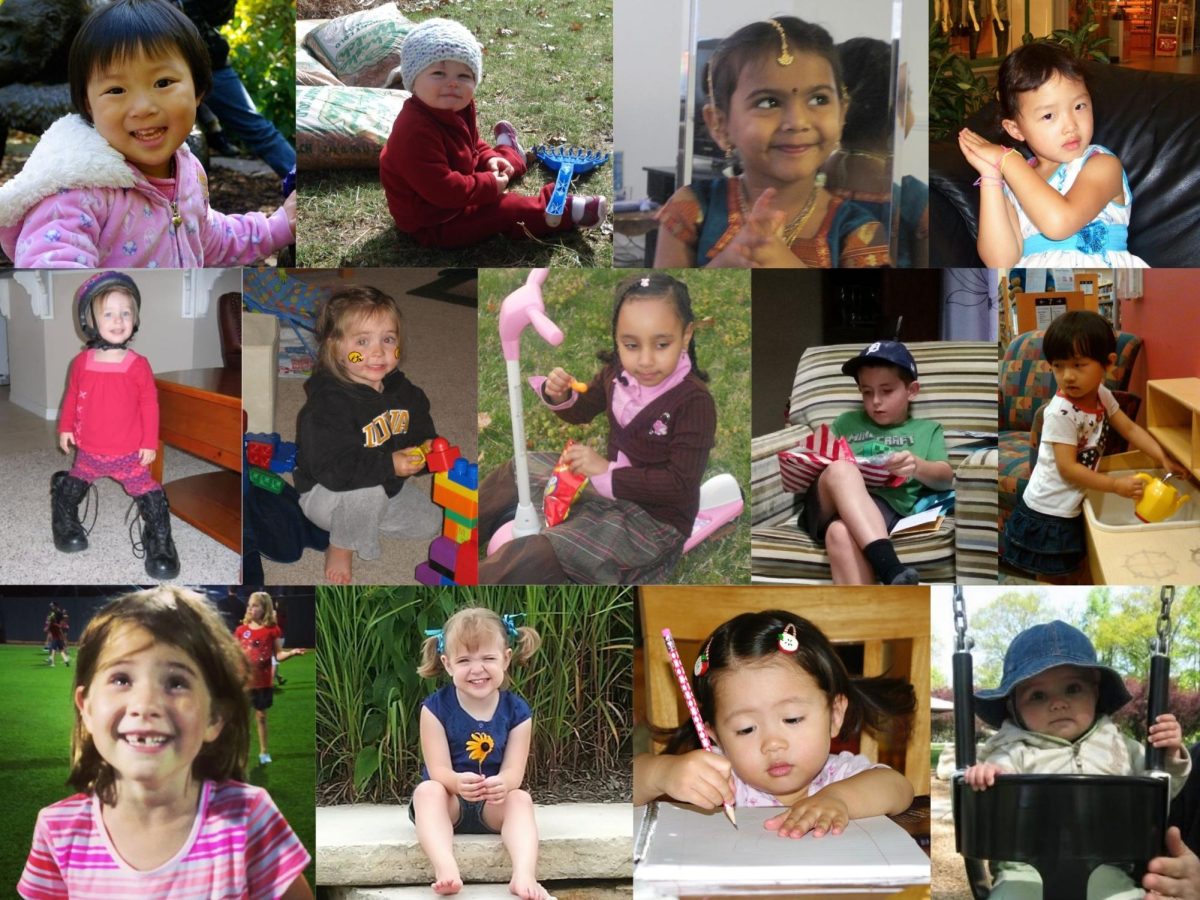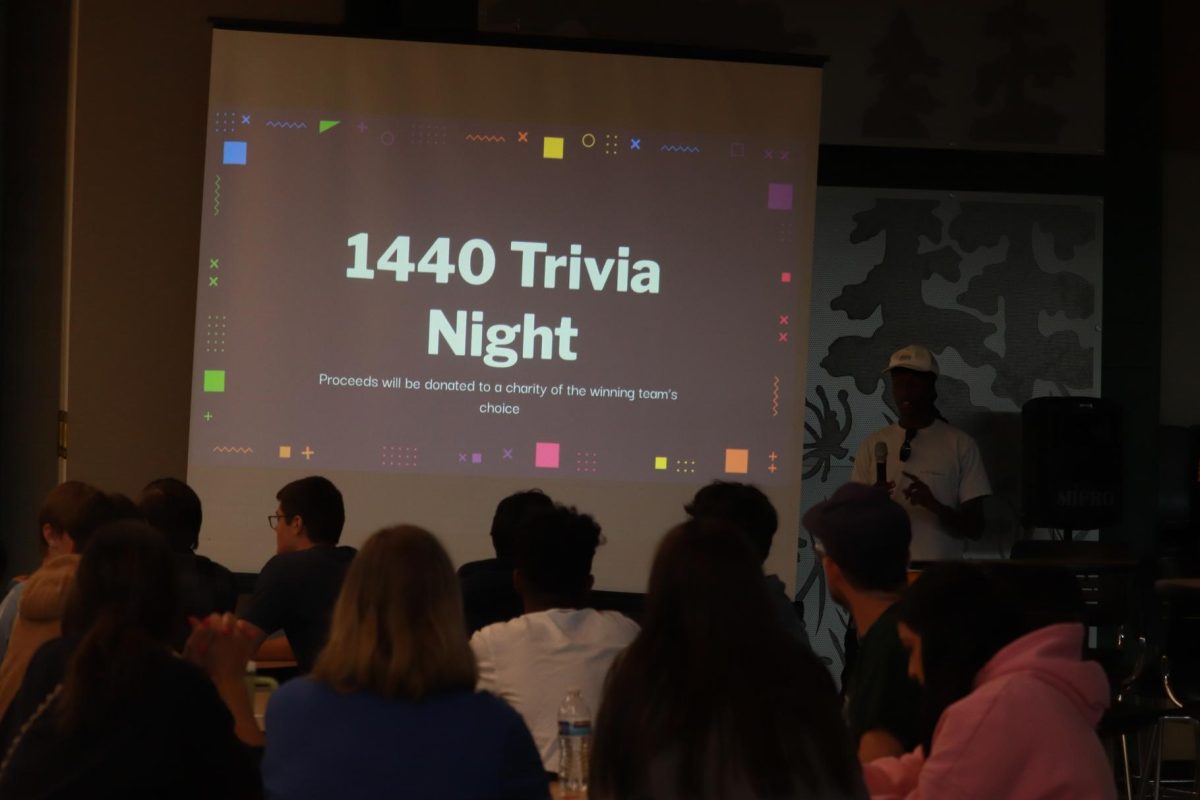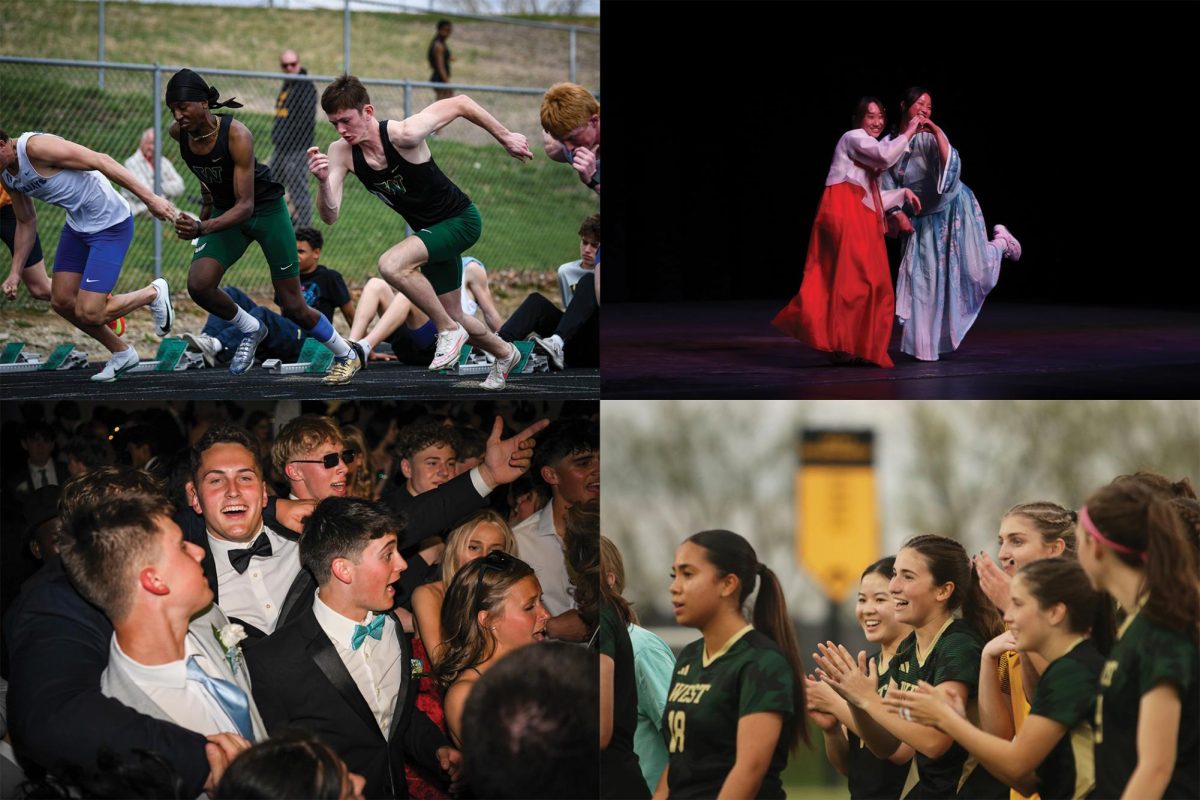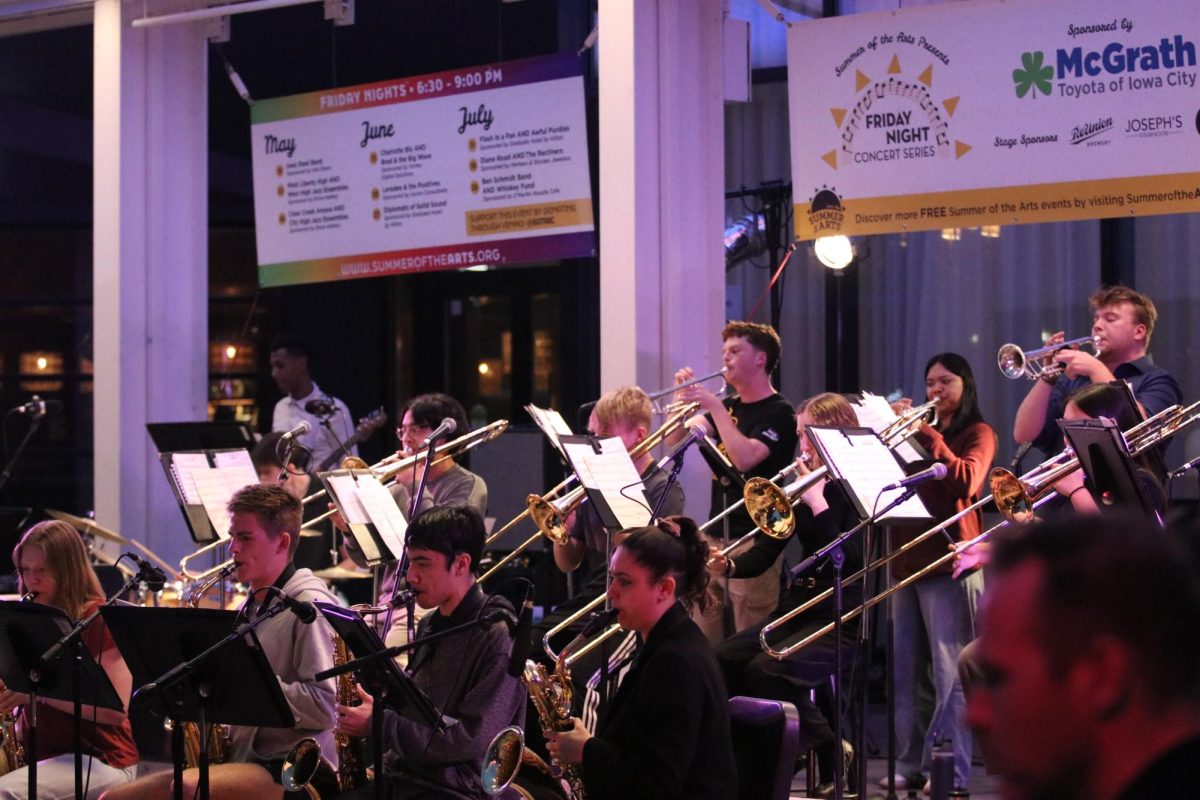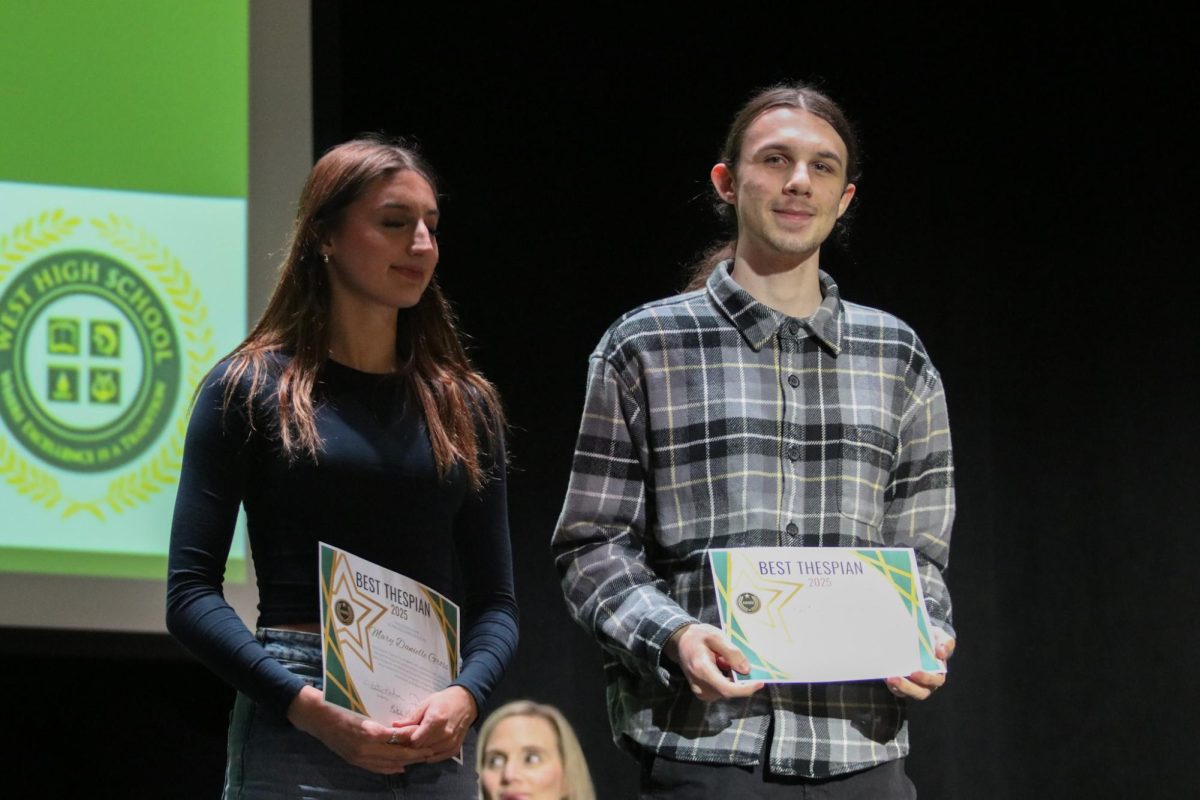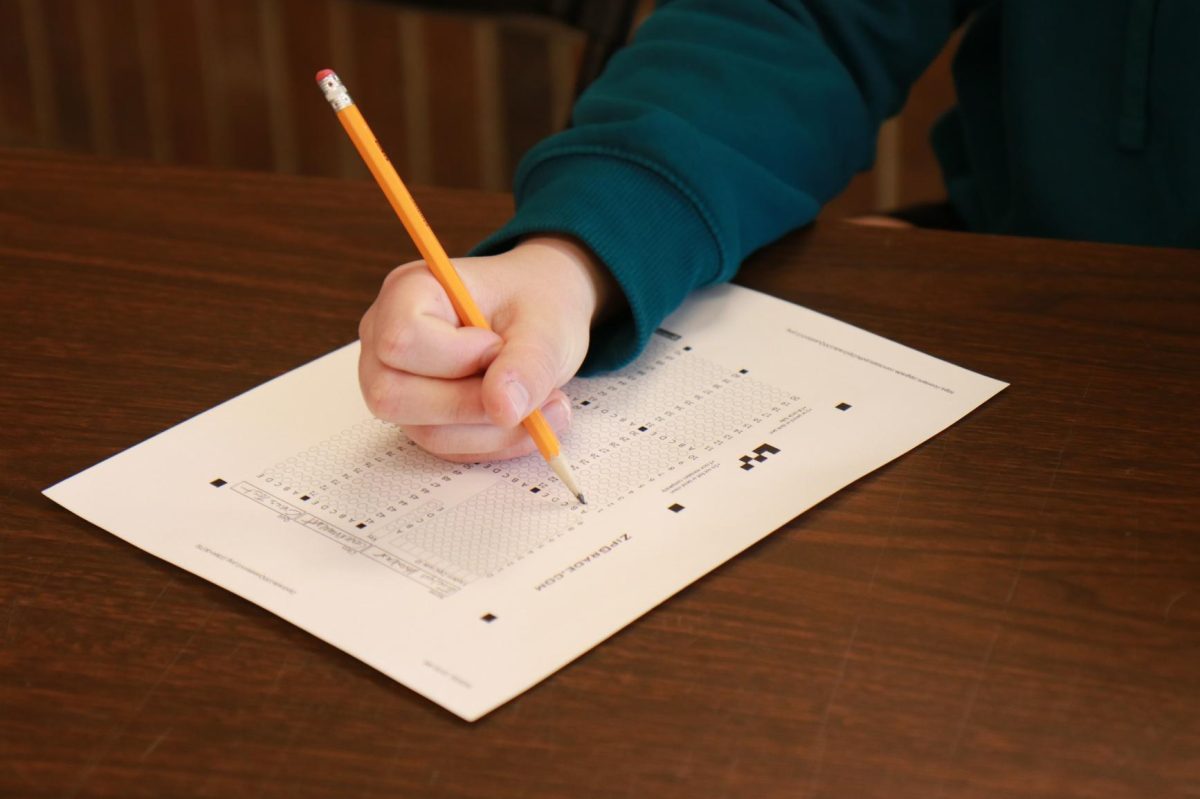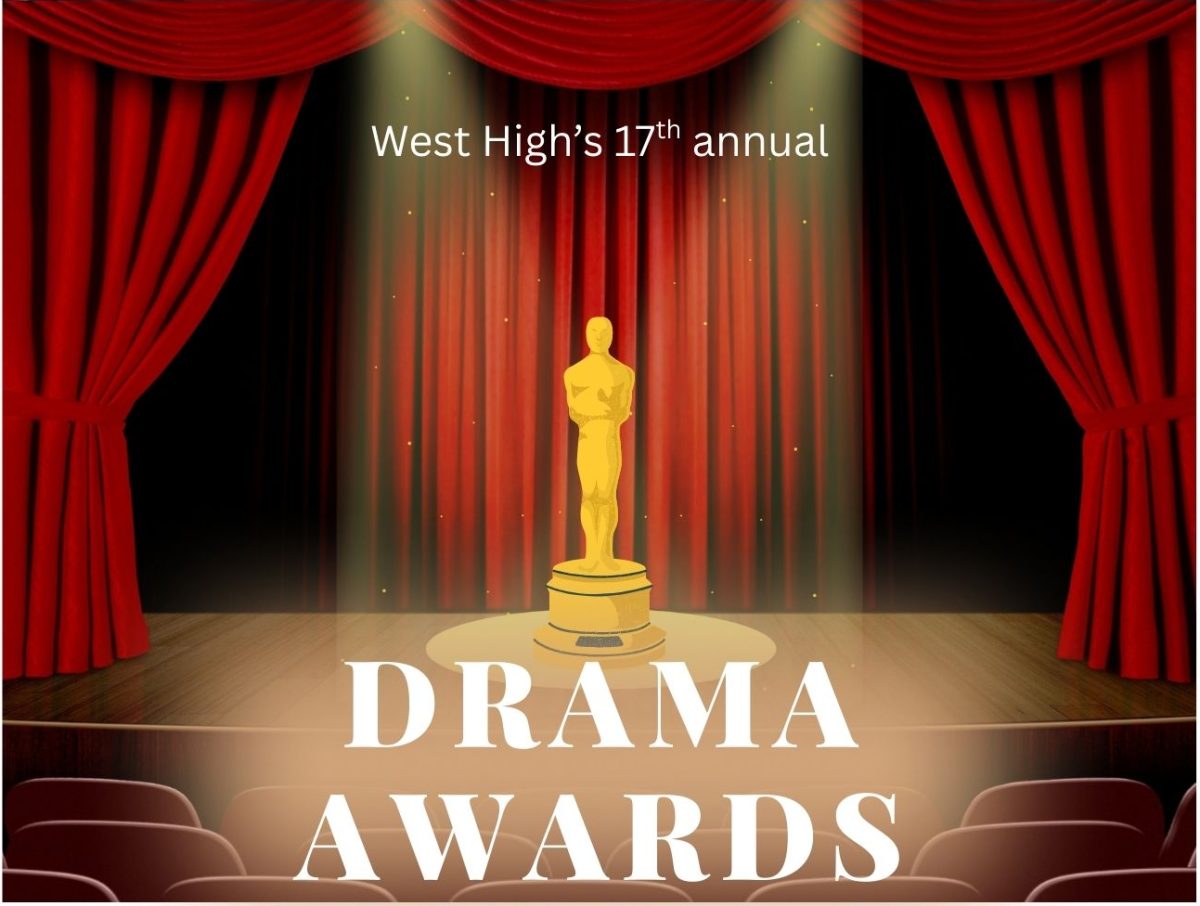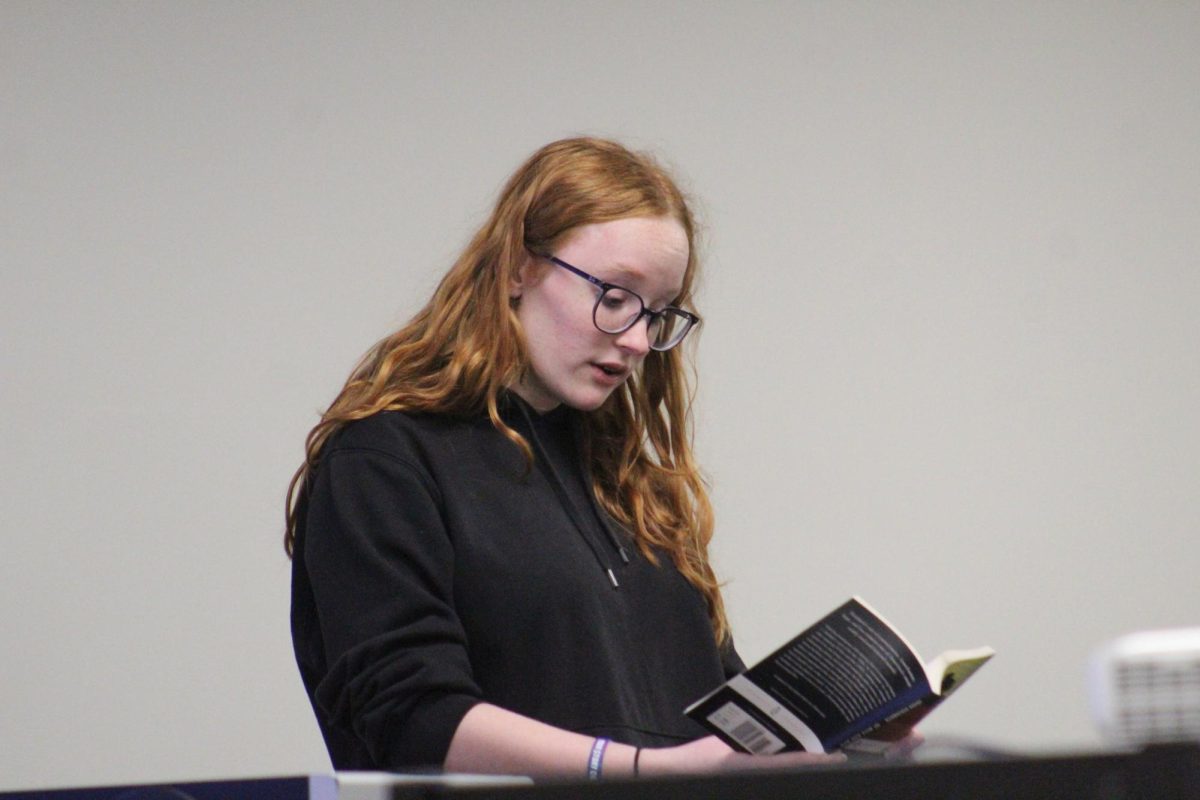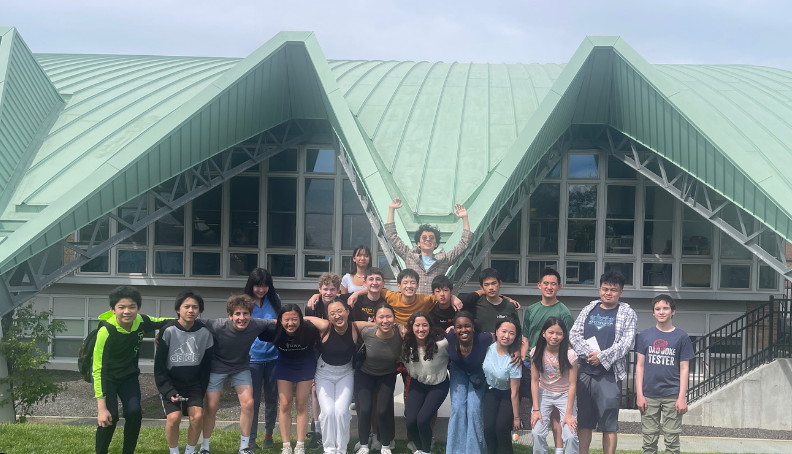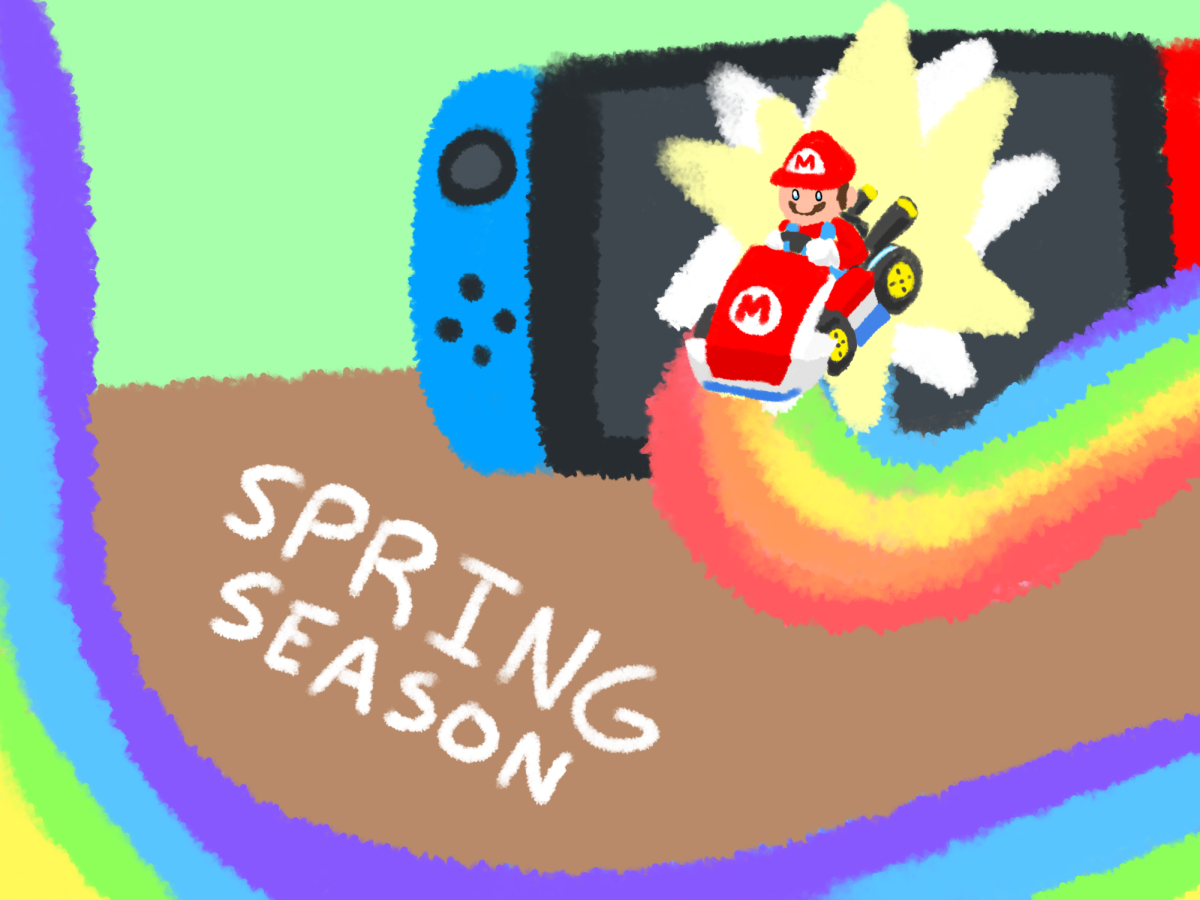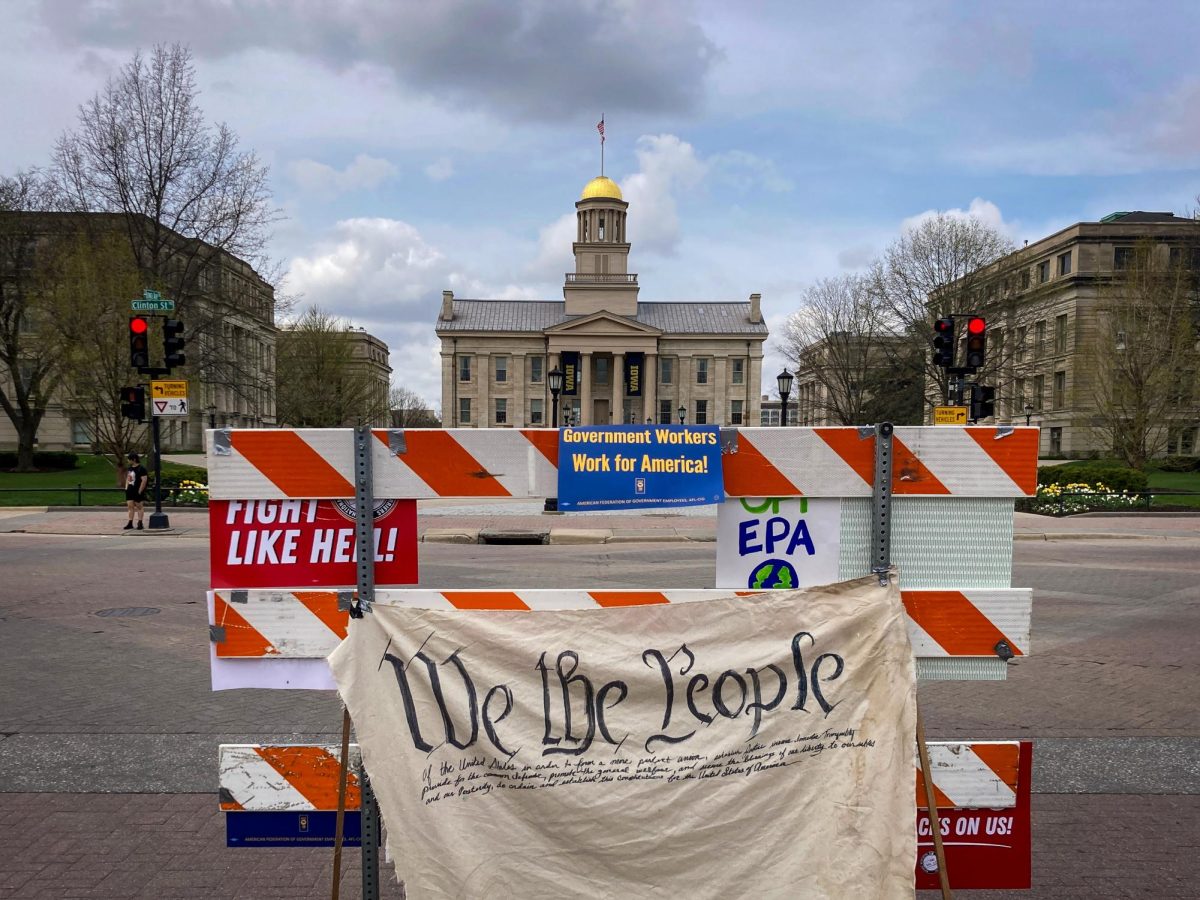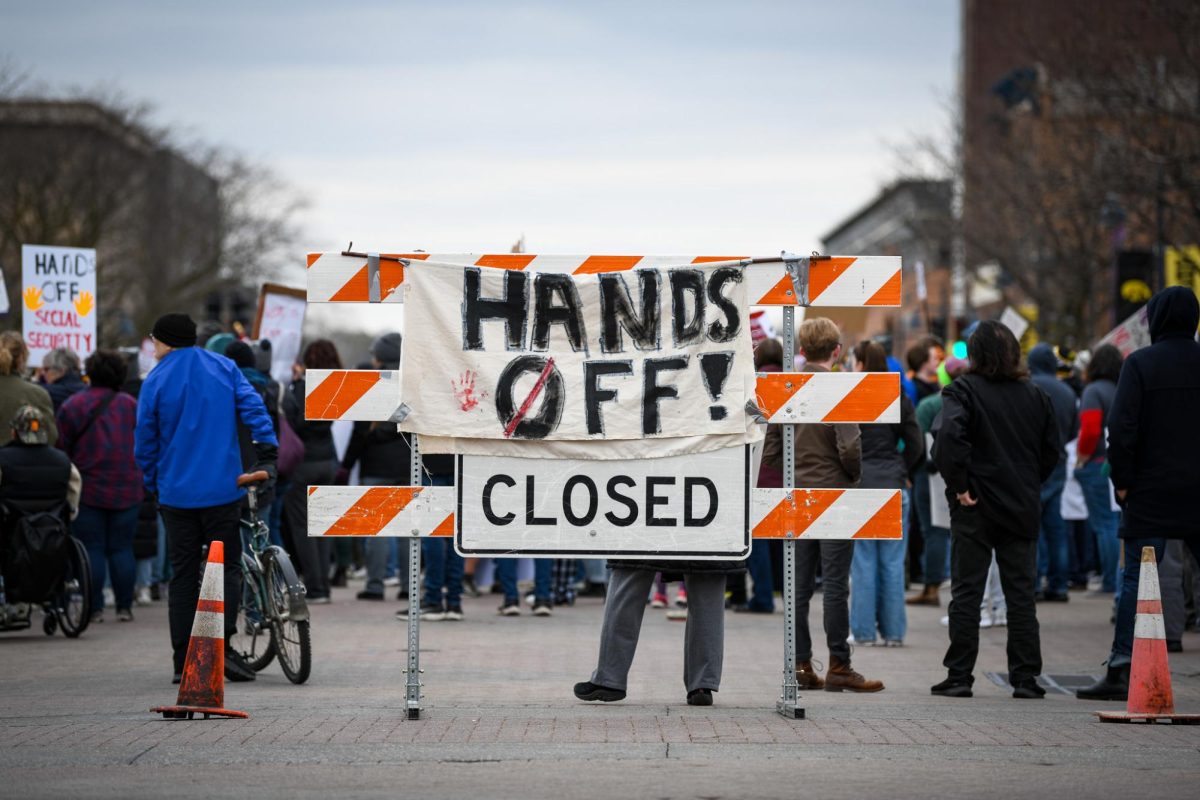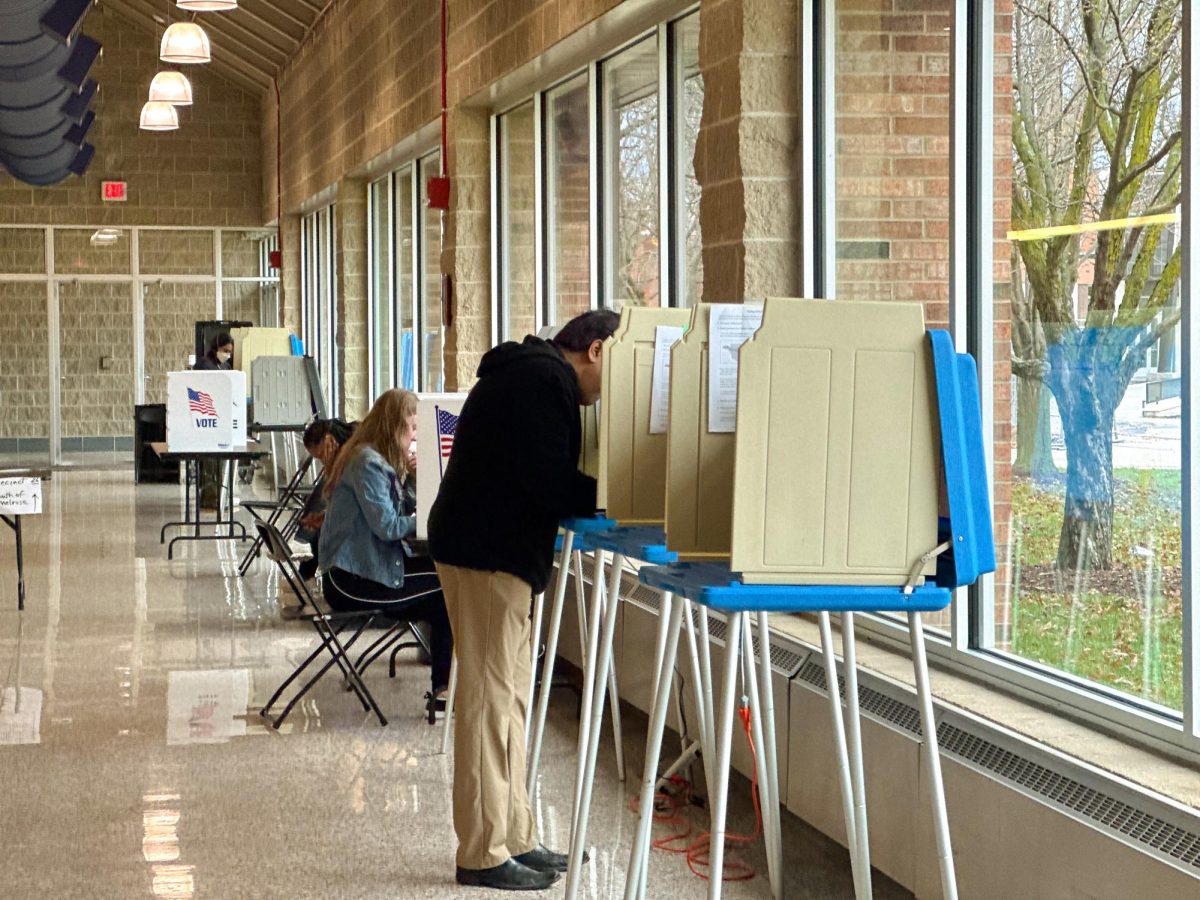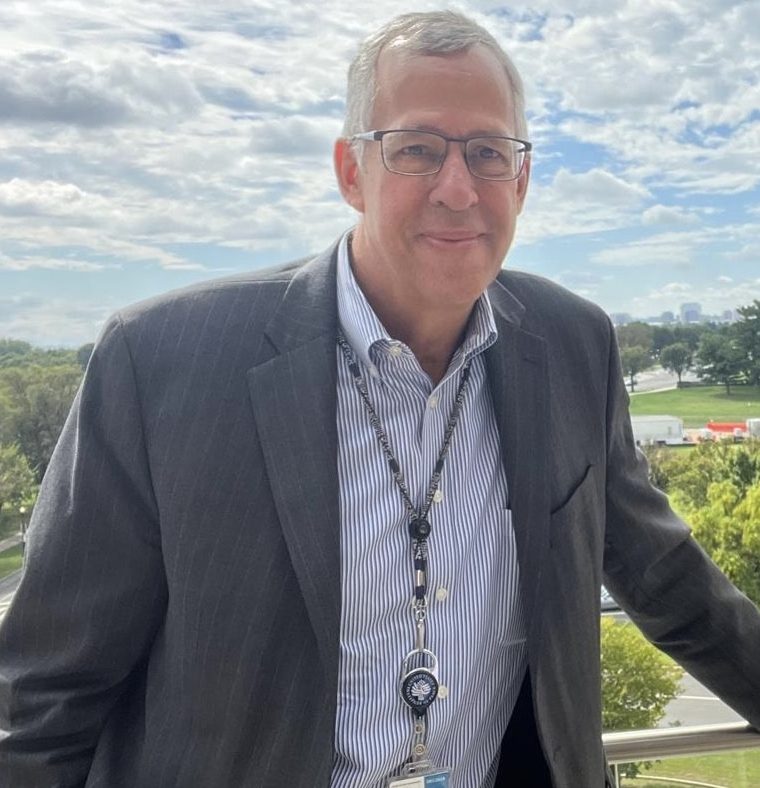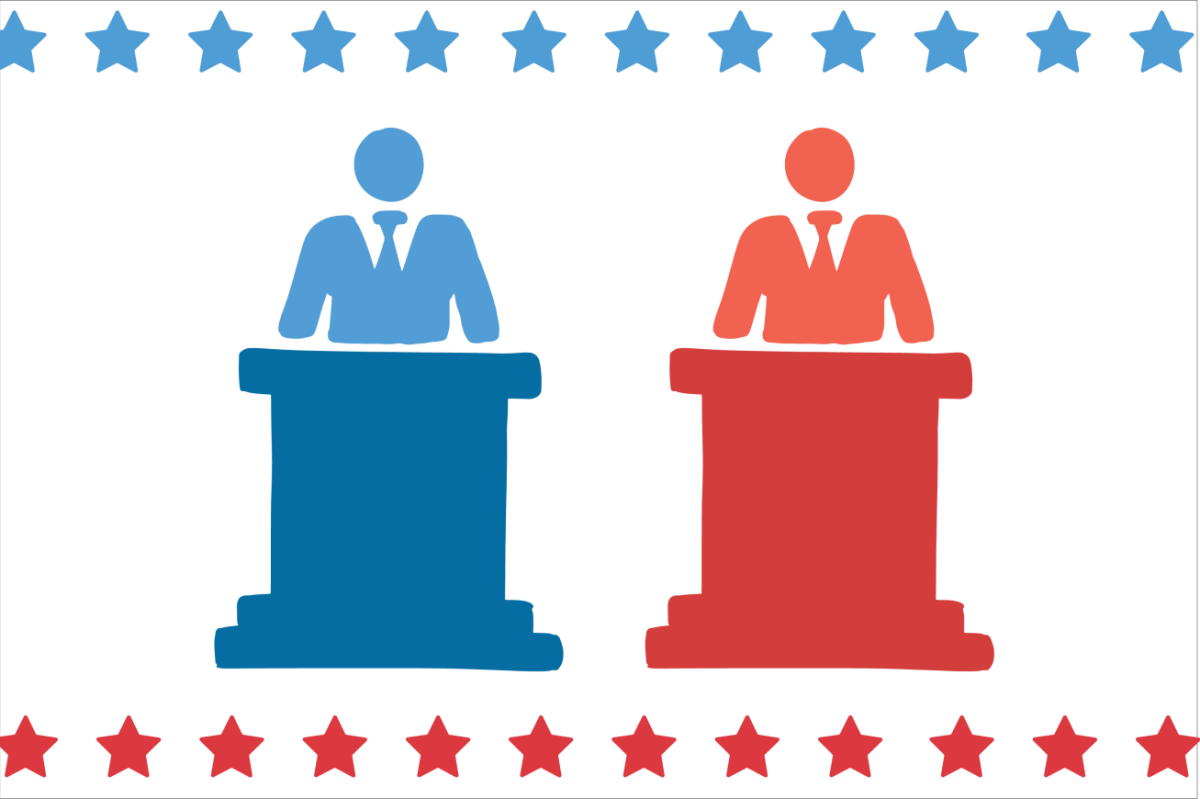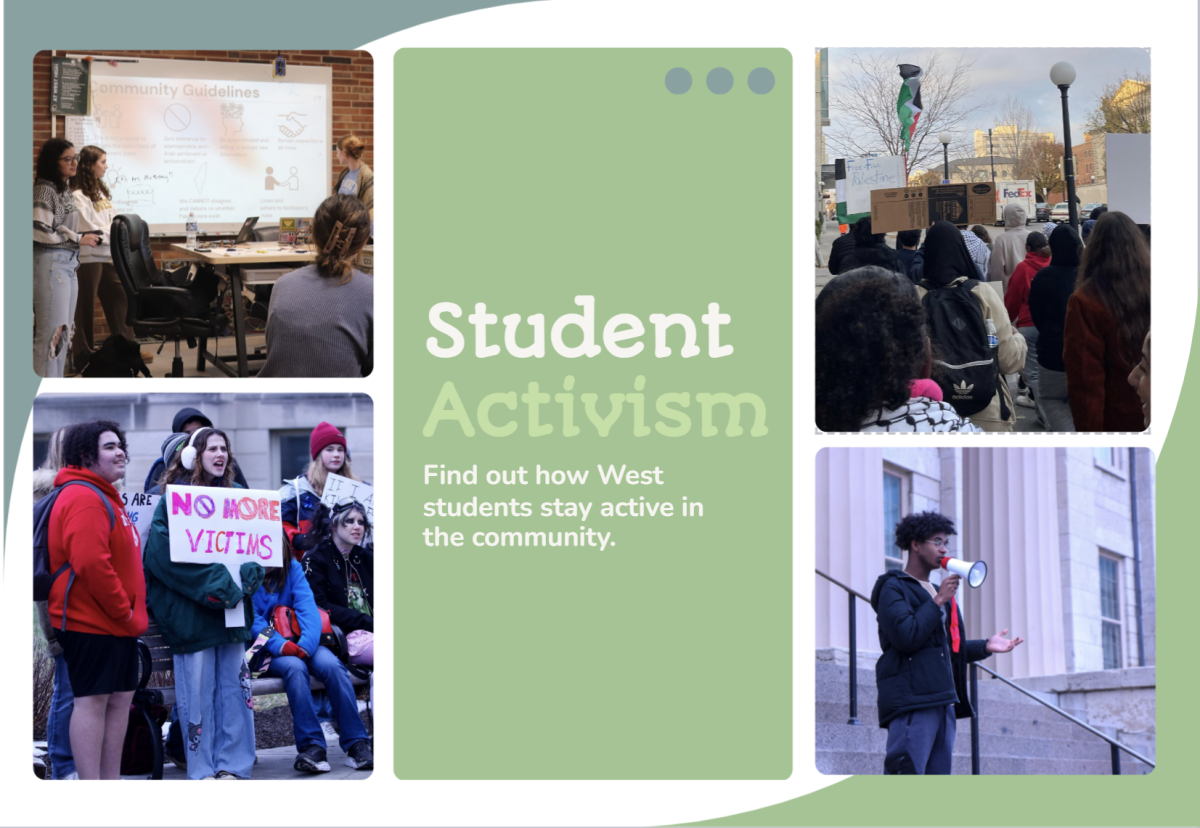The Library Bill of Rights, adopted nationally by the American Librarian Association, was first drafted back in 1939 by Forrest Spalding in the state of Iowa to deal with the problematic meeting room policies of the Des Moines Public Library at the time, such as not keeping Mein Kampf on shelves. It is still used as the international standard today. Needless to say, Iowa has always prided itself in its long history of intellectual freedom.
Kristin Watson is the human rights investigator for Iowa City’s Office of Equity and Human Rights, and defines intellectual freedom as “the ability to access ideas and material materials that convey ideas in a wide spectrum as possible.” It is the basic human right that the Iowa City Public Library tries to express annually during the Intellectual Freedom Festival, which this year coincides with the ALA’s Banned Books Week — Sept. 18-24. During the festival, the ICPL offers all sorts of events ranging from short film festivals and storytime to special guest speakers.
Specifically, on Oct. 4, there will be an event c0-sponsored by the ICPL and the Office Of Equity and Human Rights to talk about the recent anti-LGBTQ laws that have been affecting Iowa classrooms.
Sam Helmick. is the Community and Access Services Coordinator at the Iowa City Public Library. “Our right to read is at risk,” Helmick said. “And I don’t think all the Iowans and all the Americans are aware of this. So this opportunity to have Kenan Crow come from One Iowa is pretty, pretty great. So essentially, we’re working with the Equity and Human Rights department to make that an option so that you can come and learn about Senate file 496. […] And so whether you’re a caregiver or a parent, a teacher, a teacher, librarian, or interested party and free people reading freely, this is an opportunity for you to come in and understand what the language of the bill is.”
The event will be in-person as well as live-streamed to encourage anyone to attend and listen to what has to be said.
In addition to the most recent laws, various anti-LGBT bills were signed into law last school year, right as the 2022-2023 semester was coming to an end. Since then, Iowa has had the second most library-adverse bills in the nation, tying with Missouri and right behind Texas. Still, people are left wondering what these bills are supposed to accomplish and what they are supposed to even mean.
“Supporters refer to this as a parental rights law,” Watson said. “And I’m a parent, and I don’t agree with it. To me, it’s not what I want for my children. So it’s a very narrow definition of parental rights. And personally, I feel like it caters to a small number of people who wants to impose their views not only on their own children, but everyone’s kids.”
It is still unclear to a number of people as to what’s at stake due to these bills and how it will affect communities as a whole. Spreading awareness and shedding light on the situation is precisely why the ICPL felt the need to hold this event. As of now, specifically, those personally involved in public schools and libraries hold an uncertain fate in the upcoming future in regard to their rights as both humans and government workers.
“So teachers, librarians, school boards, curriculum, developers, superintendents, we’re all kind of put into this space where if somebody does choose to sue, because of the violation of their First Amendment right, a teacher librarian could potentially not do this work and lose their job, or do this work and then be sued,” Helmick said. “Same thing for curriculum developers or superintendents. So I think this opportunity to come in and understand that this is books on shelves, but it’s also whether or not you can wear a rainbow t-shirt as an educator and how that will be interpreted will be important to those who are directly affected, but also to those who need to vote to make sure that these freedoms are continued in the state of Iowa.”
According to Helmick, “this chilling effect that the legislative sessions are having where they’re referring to us as having, you know, sinister agendas, referring to us as being groomers no longer trusting us to do this work, no longer trusting the school boards and the processes in the policies in place.”
The goal of the Intellectual Freedom Festival is to do just this and keep people aware of their rights and tools available to them.
“I think it’s hard as a student, because until, you know, unless you’re an 18 year old senior, you can’t vote. You know, you might have a hard time getting people to listen to you,” Watson said. “As students, before you can fully participate in the civic process. You can certainly make your voice heard in any way you can by speaking out, and then as soon as you can vote, actually do it. I think that’s so important.”



